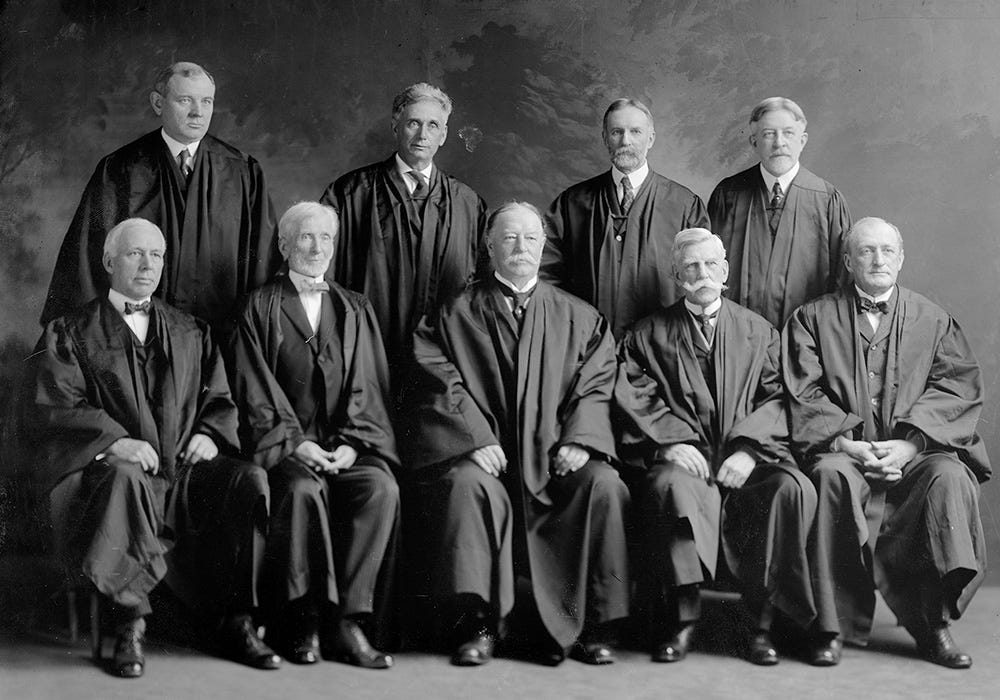How to get a better baseball
Part 5 of "Toward a Better Baseball"
During MLB’s 2023-24 offseason, I am posting a series of essays titled “Toward a Better Baseball.” The goal of the series is to articulate a vision for the sport for when MLB loses its monopoly power. This is the fifth and final part. Read the preceding installments here.




